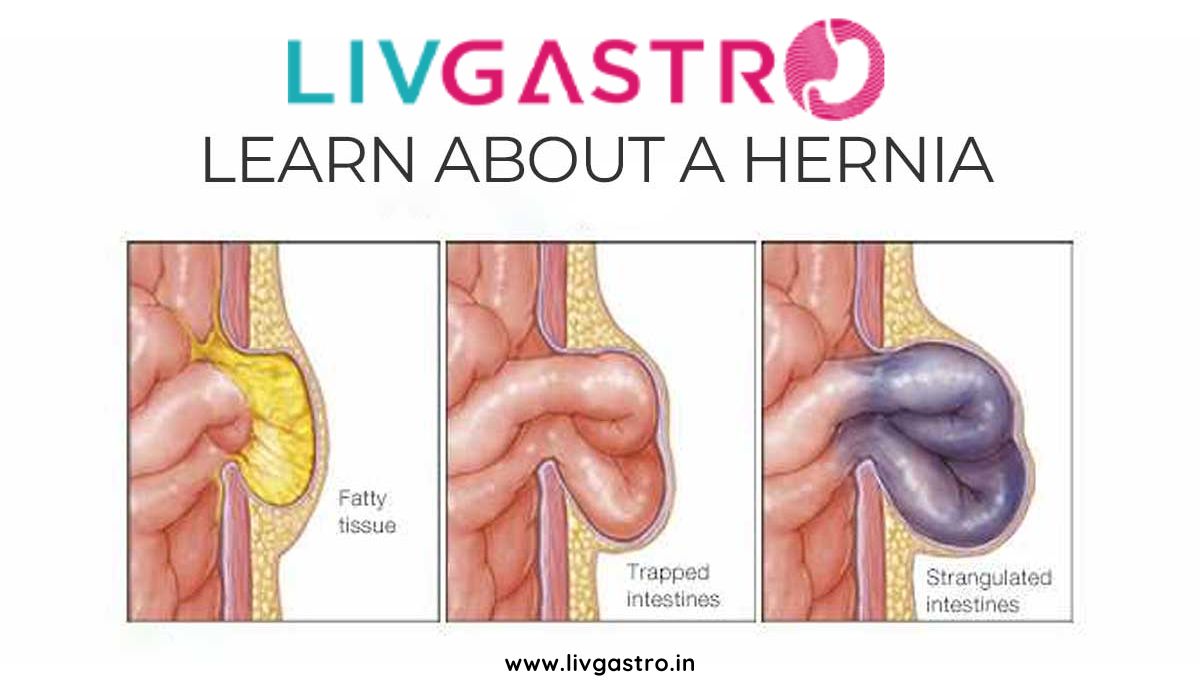

Irritable Bowel Syndrome (IBS) is a fairly common bowel related disorder that is linked to the colon or the large intestine. However, contemporary researchers hint at abnormalities in the brain/gut connection that are likely to trigger IBS. Be that as it may, IBS causes irritability and uneasiness associated with bloating, gas, cramping, diarrhea or constipation and above all, abrupt and untimely urge to defecate, forcing the affected person to visit the nearest toilet post-haste. This often puts the person in disagreeable position, especially if he/she is taking part in a conference or addressing a meeting. With most people (more with women) it is a chronic condition that takes time to manage appropriately.
Even though IBS symptoms vary from person to person and from stage to stage, some of the common symptoms are outlined below.
As earlier mentioned, abnormalities or more suitably said, dysfunction in the connection between the brain (command center for the nervous system) and the gut (gastrointestinal tract) seemingly contribute towards the onset of IBS in human beings. Also, there is a close two-way link between the brain and the gut, while intricate pathways link the brain and the intestines with information coming and going on a continual manner. Mortal fear often triggers diarrhea in otherwise healthy people. No wonder, researchers have found evidence that dysfunction along these corridors are contributing to abdominal pain, gas and diarrhea that are primary symptoms of IBS.
At the same time, nerves in the gut that have experienced too much sensitivity can also trigger changes in the thalamus. Thoughts, feelings and activation of parts of the brain that tackles anxiety or worries can stimulate exaggerated gut response. To be precise, the dysfunction in the brain-gut communication system verily interferes with the body’s ability to remain in a normal situation when all systems are working well.
As for the colon related issue, we know that the muscles in the colon work ceaselessly to push away the body’s waste products by continuously contracting and relaxing. However, these muscles also need to work in unison with other muscles to complete the job. But when that unison or harmony is broken or disrupted, the contents of the colon get stuck, giving rise to cramps, gas, bloating, constipation and in extreme cases diarrhea.
Irritable Bowel Syndrome may also be triggered through:
To be honest about it, there is no cure for Irritable Bowel syndrome, but you can manage the symptoms fairly well if you pay attention to the issues outlined below.
Don’t get disheartened, IBS is not a life-threatening disease condition. Neither it is extremely painful. However, the only way to conquer IBS would be to conquer yourself. Observe minutely what food disagrees with you; whether changing lifestyle helps lessen symptoms. Also consider consultation with a therapist to reduce stress, if you are unable to do it yourself.

Don’t Panic! For team LivGastro is here to offer their unparalleled DAY CARE services A
read more
Suffering from severe bouts of intestinal pain or having swallowing problems? Go for end
read more
In India, hernias are common a complaint among people. A study screening 5000 of them fr
read more